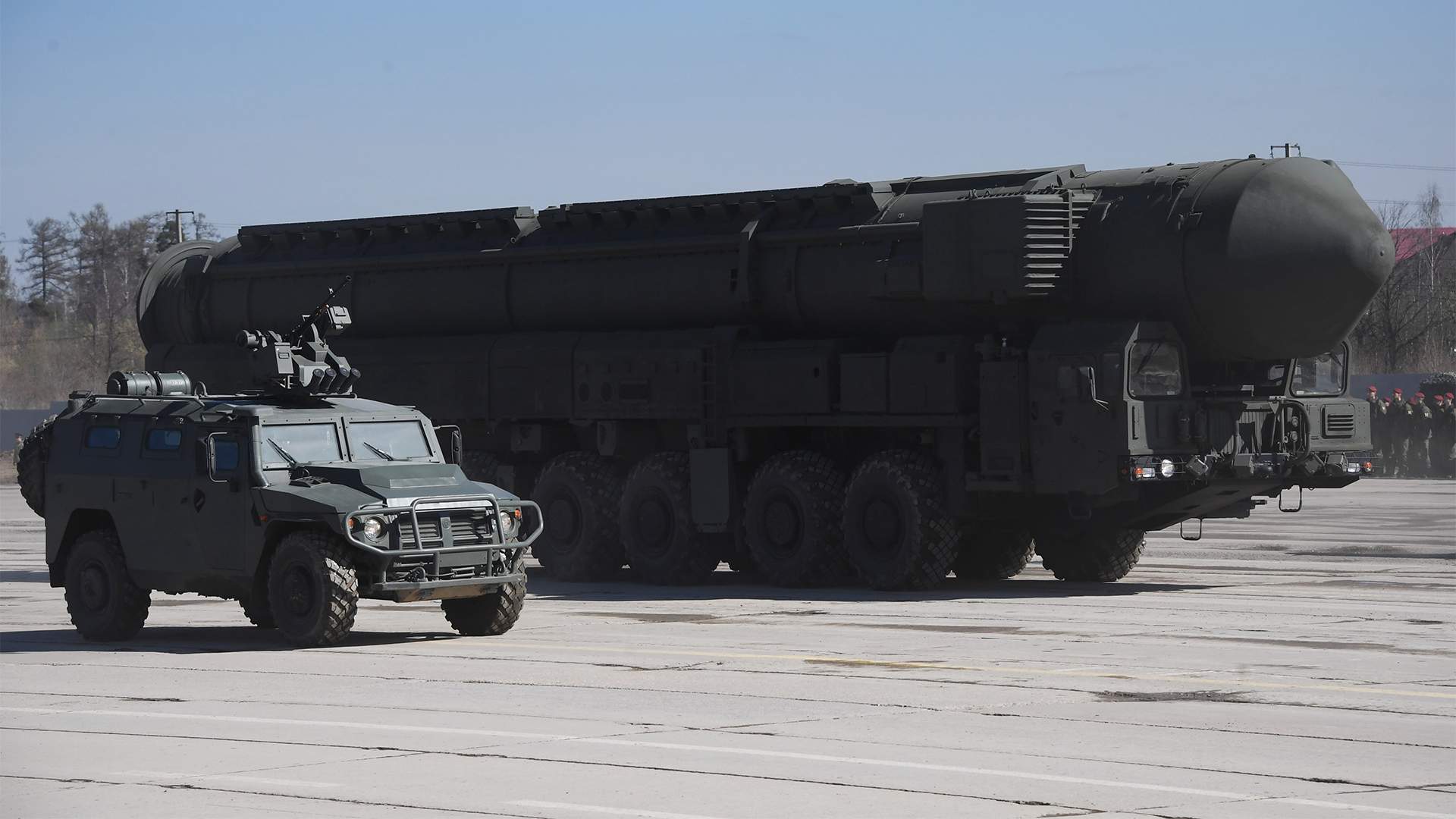Last warning: Putin approves updated nuclear doctrine

On Tuesday, November 19, Russian President Vladimir Putin approved the updated nuclear doctrine of the Russian Federation. This is stated in the decree of the head of state, which comes into force from the day of its publication. Spokesman Dmitry Peskov specified that the changes in the policy of nuclear deterrence are dictated by the political situation. In the new document there are three new conditions for a nuclear response. Details - in the material "Izvestia".
The updated nuclear doctrine of the Russian Federation: under what condition Russia will strike a blow
On Tuesday, November 19, Vladimir Putin signed a decree "On Approval of the Fundamentals of State Policy of the Russian Federation in the field of nuclear deterrence". The document was published on the Kremlin website. Vladimir Putin announced his intention to amend the document back in September 2024, when the West first started talking about the possibility of strikes deep inside the country.
The new document was expanded by a number of points, among them listed threats, for the neutralization of which the use of nuclear weapons is possible. Its importance was emphasized by Russian presidential spokesman Dmitry Peskov: "A very important text. Naturally, it should become the object of very deep analysis both in our country and, probably, abroad."
The basic principles of the doctrine:
- Nuclear weapons are an extreme measure to protect Russia's sovereignty.
- Russia's readiness and determination to use nuclear weapons will ensure nuclear deterrence.
- Russia will use nuclear weapons in case of a critical threat to the sovereignty and territorial integrity of Russia and Belarus.
The updated document specifies against whom nuclear weapons may be used: "aggression by any state within a military coalition (bloc, alliance) against the Russian Federation and/or its allies is considered as aggression by this coalition (bloc, alliance) as a whole". Importantly, aggression by "a non-nuclear state with the participation or support of a nuclear state is considered as their joint attack."
In the list of threats that could cause Russia to use nuclear weapons, it is important to emphasize:
- A threat to Russian sovereignty not only with nuclear weapons but also with other weapons of mass destruction ;
- the massive launch of military aircraft, cruise missiles, drones, and other aircraft and their crossing of the Russian border.
From now on, according to Dmitry Peskov, Russia reserves the right to use nuclear weapons in case of aggression with the use of conventional weapons against it and (or) Belarus as a member of the Union State, if this aggression poses a critical threat to their sovereignty or territorial integrity.
Among other important points of the document:
- Russia considers as a threat the creation and deployment by a potential adversary in space of missile defense and anti-satellite weapons;
- the creation of new or expanding military coalitions that bring their military infrastructure closer to Russia's borders is considered a sufficient threat;
- the basis for nuclear deterrence would be actions of the other side aimed at hitting environmentally dangerous objects of the Russian Federation, which could lead to man-made and other disasters, or isolation of a part of Russia, including blocking access to transportation communications;
The decision to use nuclear weapons is made by the President of the Russian Federation.
Why Russia updated its nuclear doctrine: comments
The reason for updating Russia's nuclear doctrine was the need to bring the document in line with the current political situation, the presidential spokesman recalled.
"Russia has always taken a responsible position and made the necessary efforts to reduce the nuclear threat and prevent the aggravation of interstate relations," Peskov commented. He also recalled that the basic principle of the doctrine has not been changed and the use of nuclear weapons by Russia is considered only as a last resort, and potential adversaries should understand the unconditional response to aggression against Russia or its allies.
Deputy Chairman of the Russian Security Council Dmitry Medvedev in his Telegram channel also commented on Russia's new nuclear doctrine and possible US authorization for Ukraine to fire long-range missiles deep into Russia: "The use of alliance missiles in this way can now be qualified as an attack by the bloc's countries on Russia. In this case, the right arises to retaliate with weapons of mass destruction against Kiev and major NATO facilities, wherever they are located. And this is already WWIII."
However, Dmitry Peskov did not confirm the connection between the publication of the new nuclear doctrine and Western media reports on November 18 that Washington had authorized Ukraine to attack Russia with long-range ATACMS missiles. "The relevant instructions from the president were given in advance. The President himself spoke about the fact that the preparation of these changes is already in the final stage. On an updated basis published in a timely manner," he said.
CPRF leader Gennady Zyuganov also expressed his reaction to the doctrine's publication, saying that it was necessary to show the West what would happen.
"Now we are compelled, compelled, seeing how they behave brazenly, ruining all conceivable and unthinkable agreements, to state directly - we will use nuclear weapons in case of extreme circumstances," he said.
Переведено сервисом «Яндекс Переводчик»





